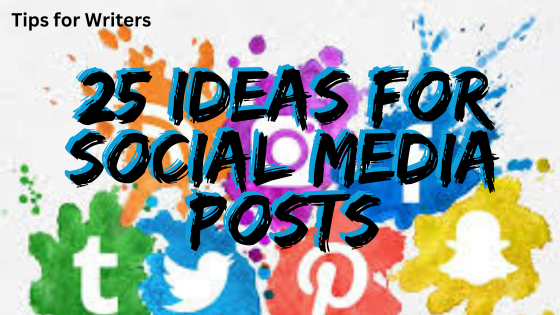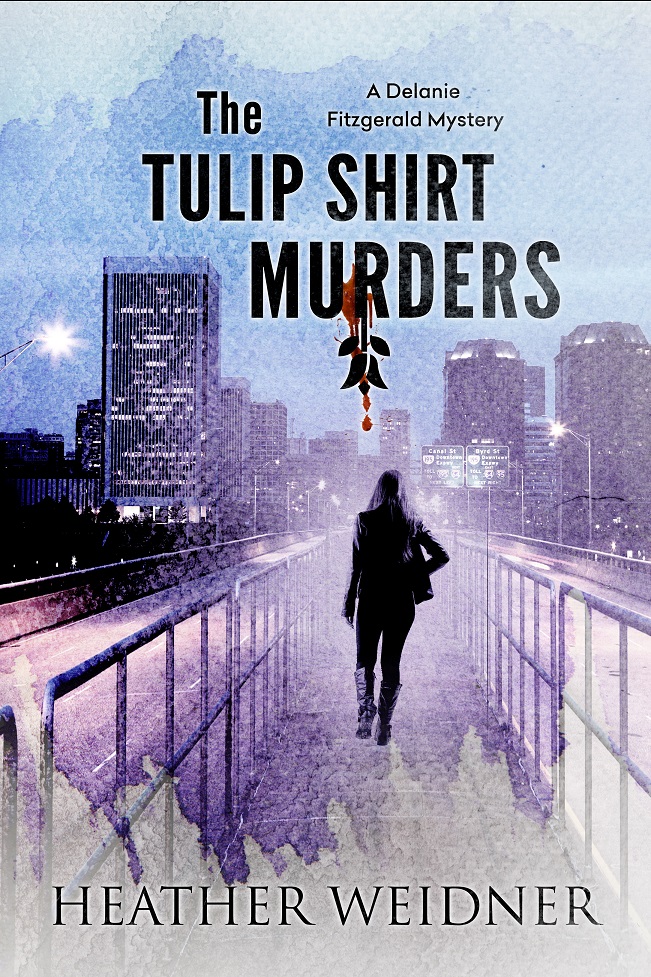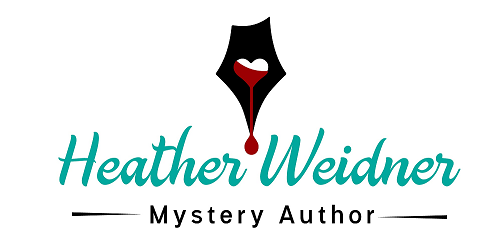Watch out for Bad Actors and Scams
/There are a lot of bad actors and scams out on the internet (and social media). Here are some hints to help you protect yourself and your accounts.
You don’t have to friend everyone. If the account looks suspicious, you can ignore the request or block the person.
Watch out for the lovelorn widowers, sad stories looking for money, and handsome men looking for friends. These are often bots or other bad actors. They friend you and your friends to start up friendly conversations that usually end up with some kind of request for money.
Watch out for spoofed accounts, friend requests from someone who is already your friend.
There are some scams where you are tagged to a group post that looks like it’s from the social media company. The message is usually something about being locked out of your account for a violating some kind of standard. They provide a link for you to rectify the problem. It’s really a link to gather your private information. The social media platforms do not notify you in a group post. Untag yourself and block it.
You can report offensive, harassing, or dangerous accounts to the social media company. You can also untag yourself from messages or posts. Use the block or ban feature to prevent that account from contacting you again.
You can also set security parameters on your account and posts that will limit who can see your items or contact you.
Here are some hints that may help you spot a suspicious account:
It’s a request from someone who is already your friend.
There are very few posts on the person’s site, and most of them are from another user (not the account owner).
There is very little background or biographical information and often only a few pictures on the account.
Many times, there are no recent postings.
If you receive a random direct message, it’s often a “ping” with a “hello” or something else to see if you will respond.
Posts or direct messages are full of spelling and grammatical errors. (Though this is improving with AI.)
There are lots of pictures of military personnel, flags, puppies, kittens, and flowers on the “person’s” site.
The account may flood your page with likes and comments that don’t quite fit the topic.
Some “digital marketers,” “book promoters,” “professional book reviewers,” and “social media promoters” are often accounts who are looking for authors to buy their “services.” The friendly chat will quickly turn into an expensive sales pitch.
Be vigilant and stay safe out there. The bad actors are always trying to work a new scam.














